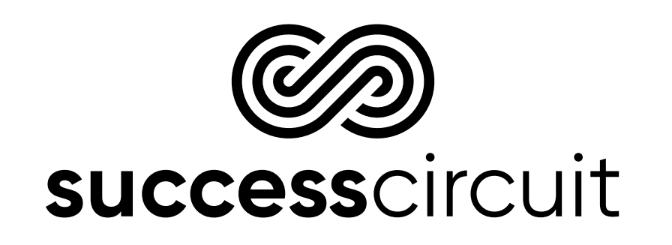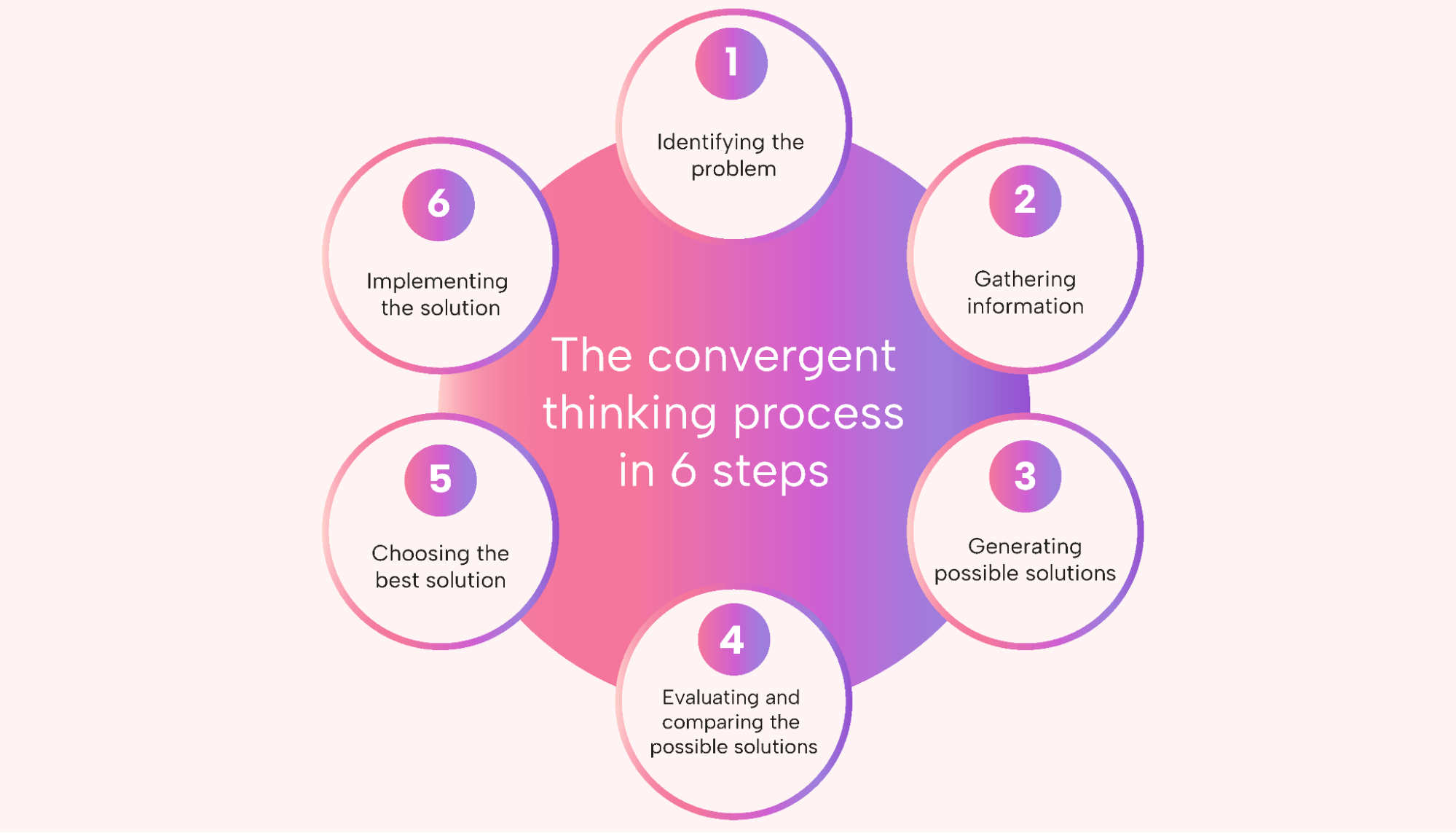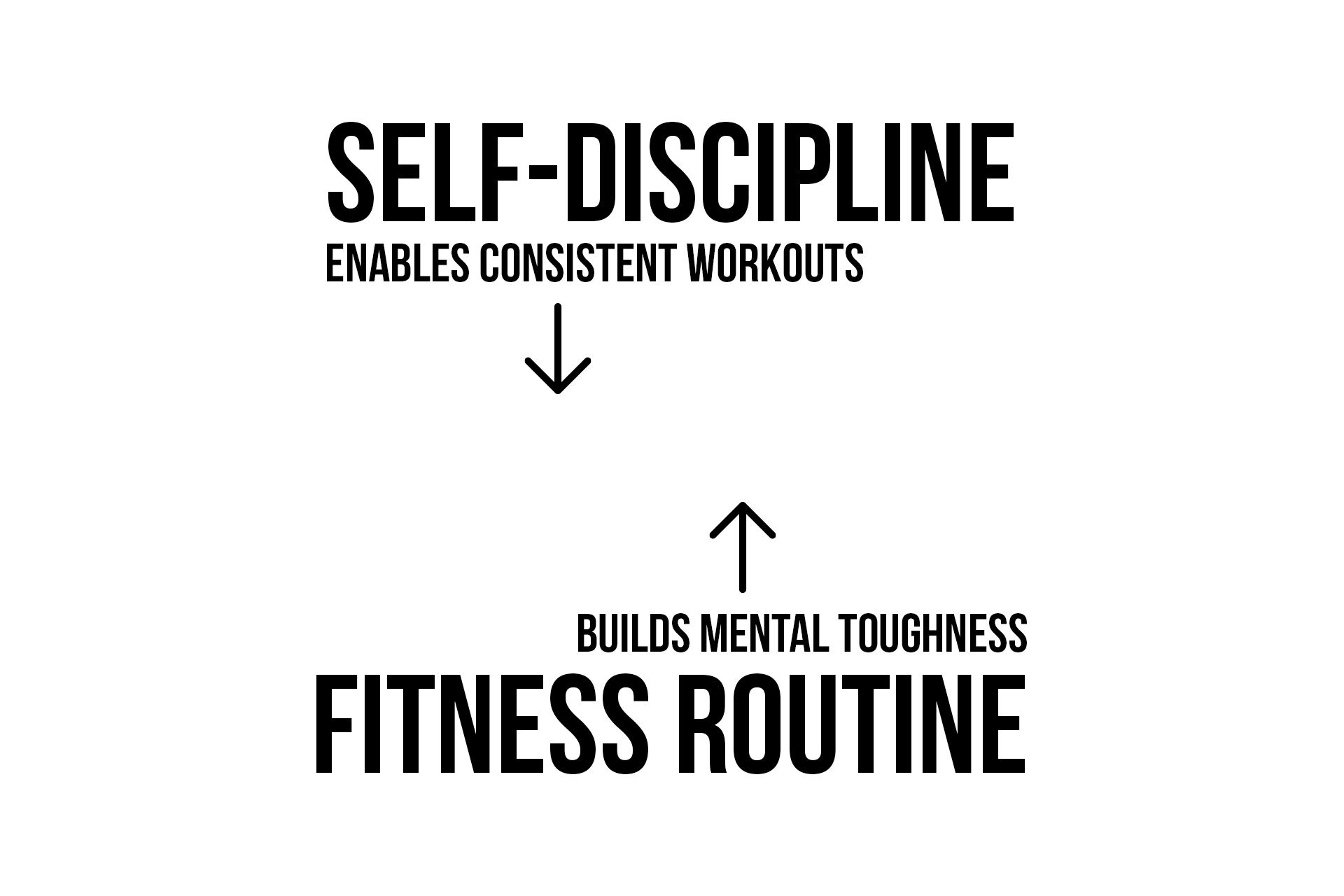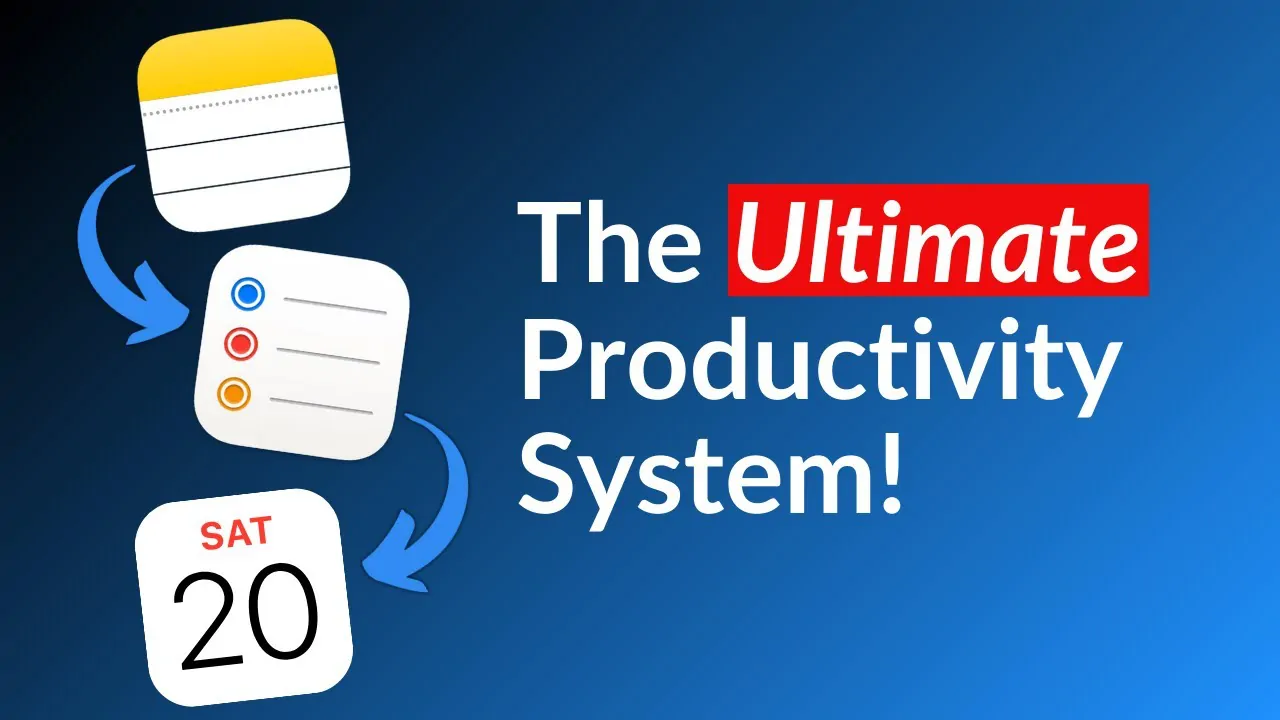Do you cringe at the thought of creating a budget? and want to learn How to Build Financial Discipline You’re not alone. According to a 2024 survey by Debt.com, over 60% of individuals find traditional budgeting methods overwhelming, and even more admit they give up within three months. But here’s the game-changer: you don’t need to love budgeting to achieve financial discipline. Some of the wealthiest people in the world rely on methods that completely bypass traditional budgeting.
In this article, we’ll uncover how you can cultivate financial discipline in an empowering, not restrictive way. If you seek growth, independence, and long-term success but hate staring at spreadsheets, this guide is your first step to financial freedom.
Why Financial Discipline Is the Cornerstone of Success
Before we dive into strategies, let’s address the why. Financial discipline isn’t about cutting out coffee or living off ramen. It’s about gaining control over your money so it works for you, not vice versa. Here’s why it matters:
- Freedom Over Restrictions: Discipline ensures you have choices, whether taking a dream vacation, investing in your business, or building an emergency fund.
- Wealth-Building Made Simple: With discipline, even negligible, consistent actions, like saving $50 a week, can lead to life-changing results.
- Stress Reduction: Financial uncertainty is one of the leading causes of stress. Discipline provides clarity, eliminating that constant “Where did my money go?” anxiety.
Why Traditional Budgeting Fails for Most People
Budgeting gets a bad reputation because it often feels like:
- Restrictive: Nobody enjoys being told they “can’t” spend on their favourite things.
- Overwhelming: Categories, percentages, and tracking every penny can feel like a full-time job.
- Inflexible: Life isn’t predictable. Budgets that don’t allow room for change are often abandoned.
If this sounds familiar, it’s time to flip the script. The secret is adopting techniques that don’t rely on conventional budgeting but keep your finances in check.
Read more about The Secret to Managing Your Money Without Feeling Restricted
5 Practical Strategies on How to Build Financial Discipline
1. Automate Your Financial Goals
Think of automation as a discipline on autopilot. Setting up automated transfers allows your money to move where needed before you even touch it.
- Set It and Forget It: Automatically deposit a percentage of your paycheck into savings or investment accounts. Even starting with just 5-10% makes a difference.
- Out of Sight, Out of Mind: When money doesn’t sit idle in your checking account, it’s less tempting to spend.
Why It Works: Automation eliminates decision fatigue and creates consistency without manual effort.
2. Embrace the 50/30/20 Rule (With a Twist)
If you hate detailed budgets, the 50/30/20 rule is a lifesaver. It divides your income into:
- 50% for Needs (rent, bills, groceries)
- 30% for Wants (entertainment, dining out)
- 20% for Savings or Debt Repayment
The twist? Don’t overthink it. Use a single account for each category and spend freely within those limits.
Why It Works: This system keeps you aligned with your goals without micromanaging every purchase.
3. Use the “Pay Yourself First” Principle
Instead of paying bills and expenses first, prioritize your financial goals. When you get paid, direct a portion toward savings, investments, or debt repayment.
- Reverse the Process: Treat savings as non-negotiable expenses like rent or utilities.
- Reward Yourself Later: Use leftover funds guilt-free, knowing your priorities are already covered.
Why It Works: This approach ensures your goals are met without requiring constant financial tracking.
4. Adopt the “Anti-Budget” Approach
Coined by personal finance expert Paula Pant, the anti-budget focuses on saving a set percentage and spending the rest as you please.
- Set Your Savings Rate: Save 20% of your income upfront.
- Spend Without Guilt: Enjoy the rest with no restrictions once savings are handled.
Why It Works: It’s simple, flexible, and aligns with the psychology of enjoying your hard-earned money.
5. Track Habits, Not Dollars
Instead of tracking every expense, monitor your spending habits. Tools like Mint or YNAB (You Need A Budget) offer insights without requiring manual input.
- Identify Patterns: Spot where your money goes, then make small, impactful changes.
- Focus on Big Wins: Adjust significant expenses (like housing or transportation) instead of agonizing over small ones (like coffee).
Why It Works: Understanding habits leads to smarter decisions without the grind of daily tracking.
The Power of Small Wins
Building financial discipline isn’t about perfection; it’s about progress. Small, consistent actions can snowball into significant results:
- Save Without Sacrifice: By automating just $50 weekly, you’ll have $2,600 saved in a year without even noticing.
- Invest Early: A fund’s $ 100s$100 monthly investment can grow to over $100,000 in 30 years, assuming a 7% annual return.
- Reduce Debt Faster: Redirecting just $100 toward debt each month can shave years off repayment.
These small wins add momentum and confidence to your financial journey.
Redefine Your Relationship with Money
Financial discipline isn’t about deprivation; it’s about empowerment. By ditching traditional budgeting and adopting flexible, actionable strategies, you can take control of your finances without sacrificing joy.
If you’re ready to transform your financial future, start with one strategy today. Your goals are within reach, and economic freedom is closer than you think.
Your Next Step
Ready to take the first step? Explore more financial literacy, developing financial discipline and wealth-building resources at Success Circuit, where we empower you with the tools and insights to grow and thrive.







